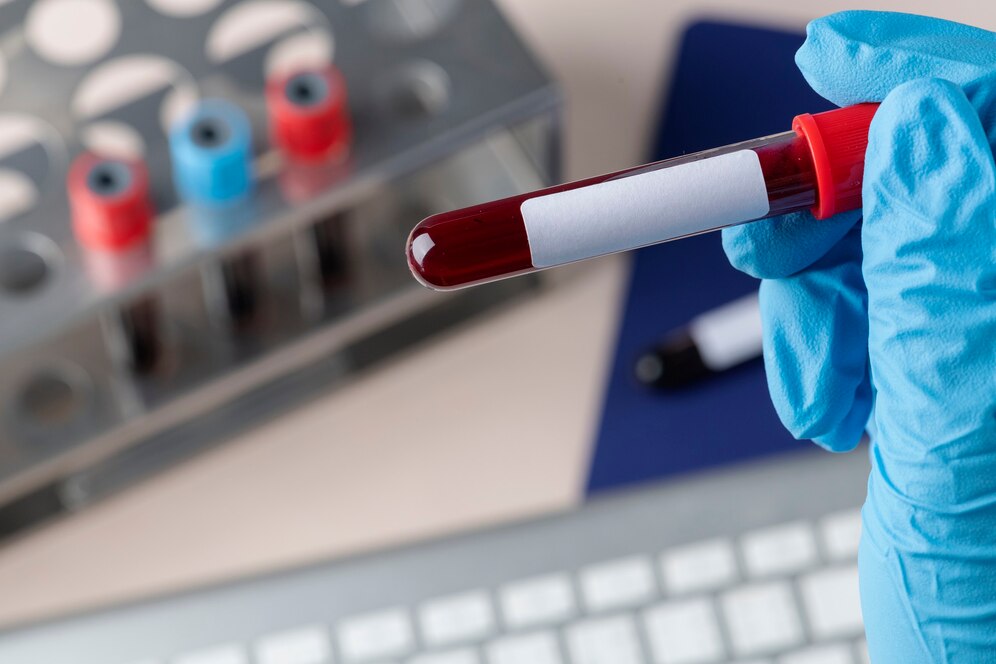Ever noticed how many people reach for paracetamol when they’re in pain? Yep, that’s just another name for acetaminophen. But here’s the big question we often wonder about OTC meds: “How long does paracetamol take to work?” We’ll look into the processes of this commonly used medication, its dual responsibilities as an analgesic and antipyretic, and, most importantly, the quick relief it provides to people suffering from pain and fever.
An Easy Guide to Paracetamol
Although paracetamol isn’t a superhero, it certainly acts like one. It performs on two distinct mechanisms: it is an analgesic and an antipyretic. Aside from the jargon, this means it’s great for pain relief and fever reduction. Despite its more inflammatory equivalents, such as ibuprofen, paracetamol works in a slightly different manner, controlling the hypothalamus in the brain to limit the formation of those troublesome prostaglandins.
Paracetamol Mechanism of Action:
Let’s get close to the superhero’s hidden move now. It’s still not clear how paracetamol functions, but it seems to mess up an enzyme in the brain called cyclooxygenase (COX). Paracetamol doesn’t bother the COX enzymes that are in other parts of the body, so this COX blocking magic is like a secret superpower. This superhero-like selective action explains its lack of anti-inflammatory effects.
Uses of Paracetamol:
Forget superhero powers—let’s talk about real-world applications. Paracetamol eases pain from mild to extreme. Headache from too much time in front of a screen or muscle pain from working out? Paracetamol keeps you safe. Taking paracetamol will bring your body temperature down to a normal level if it gets too high.
Other uses:
- Migraine
- Sore throat
- Tension headache
- Post-operative pain
- Sinus pain
How Long Does Paracetamol Take to Work?
Now let’s talk about what really matters: the time. Imagine taking that tylenol pill, and then the timer starts to run. In general, you’ll hear the first sighs of relief within 30 minutes to an hour. However, this is not a one-time performance; rather, it is a playlist. The pain and fever-relieving effects persist for approximately four to six hours, allowing for a possible repeat performance.
Important information
In lots of cold and flu remedies you can get paracetamol , also called acetaminophen without a prescription. But here’s the catch: it’s not a smart move to take paracetamol and another medicine with paracetamol at the same time. It’s like doubling up on things you don’t need.
Establishment of the Relief Zone Transition:
In shifting from the technical to the practical, it is imperative to recognize that your personal experience may vary significantly. Your metabolism and the availability of food in your stomach are like unique backstage passes that influence how quickly paracetamol works for you.
A Gentle Reminder:
Before we close up our paracetamol adventure, a kindly reminder: avoid turning the relief into a race. Follow the dosing guidelines. Too much of a good thing can raise red lights in your liver. It’s a good helper, but even they need help sometimes.
Paracetamol 500mg tablets and capsules
If taking a tablet or capsule, be sure to drink enough of water to help dissolve it.
| Age | How much | How often (in 24 hrs) |
| 10 to 15 years | 1 Tablet | Up to 4 times |
| Adults and children 16 years and over | 1 to 2 Tablets | Up to 4 times |
In conclusion, how long does paracetamol take to work

The unsung hero of our medicine storage spaces, paracetamol, not only reduces pain and fever, but it does so precisely when it is necessary. You will begin to experience its effects within thirty minutes to an hour, and it will be your ally for the next four to six hours as you fight distress. Thus, you will recognize that the subsequent time you take for paracetamol, it is not just a pill, but rather your timely savior in this world of pain relief.
FAQ, How Long Does Paracetamol Take to Work?
1. Who should avoid using paracetamol?
- If you’re allergic to paracetamol or any of the components in the paracetamol product, it’s not safe for you to take it.
2. What is the best way to take paracetamol?
- Ensure to carefully adhere to the instructions provided by your doctor or pharmacist.
- Always read the label instructions before using any medication.
- Take the dosage exactly as prescribed. Make sure you’re following the directions on the paracetamol package. Medications containing paracetamol vary in strength and dosage recommendations.
- Paracetamol should be taken every 4 to 6 hours. Between dosages, allow at least 4 hours.
- Not to exceed four doses within twenty-four hours.
- Unless otherwise directed by your doctor, avoid using for more than three days.
- If your symptoms persist or worsen, don’t hesitate to seek medical attention without delay.
3. What happens if I miss a dose?
- If more than four hours have passed since your last dose, take the next paracetamol exactly as your doctor advised. Make sure not to go over or skip the daily dose recommended for you.
4. What will happen if I overdose?
- If you or someone takes too much paracetamol, get help fast. Reach out to the Poison Control Center at 1-800-222-1222 or see a doctor right away, even if things seem okay. It’s important for everyone, no matter their age.
- Using paracetamol for a long time can harm your liver. And here’s the tricky part – signs of trouble might not pop up until a whole day later. Watch out for pale skin, feeling sick, throwing up, not wanting to eat, and tummy ache.
Also read: Quick Relief: How Long does Paracetamol Take to Work?
5. What are the side effects of paracetamol?
- Serious side effects of paracetamol might involve the following:
- Potentially severe allergic reactions may consist of the following:
- Itching, rashes, or wounds of the skin
- Throat, tongue, or facial swelling
- Breathing difficulty or drowsiness
- Rash or peeling skin, or sores in the mouth
- Bruising, bleeding, or feeling incredibly tired for no reason. Being sick more often than usual.
- Issues with the liver. Some side effects include vomiting, irregular or lost appetite, pale complexion, and rapid weight loss.
Take urgent action and consult your physician if you experience any of the uncommon but serious side effects mentioned above.





